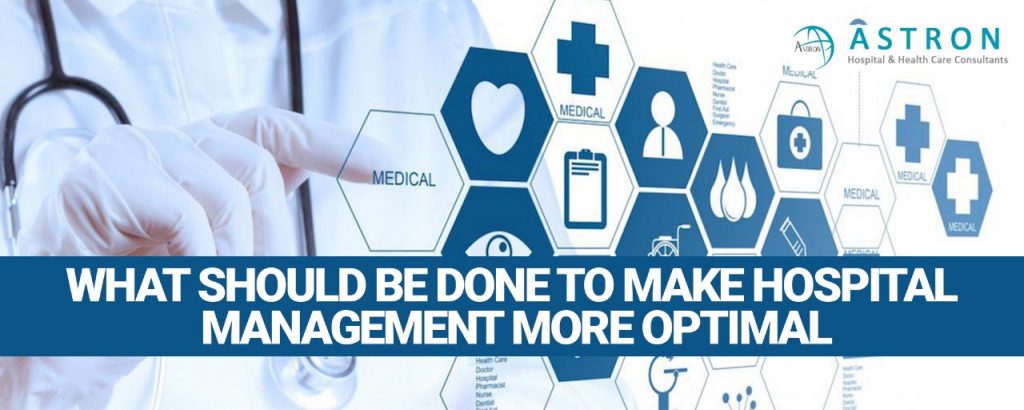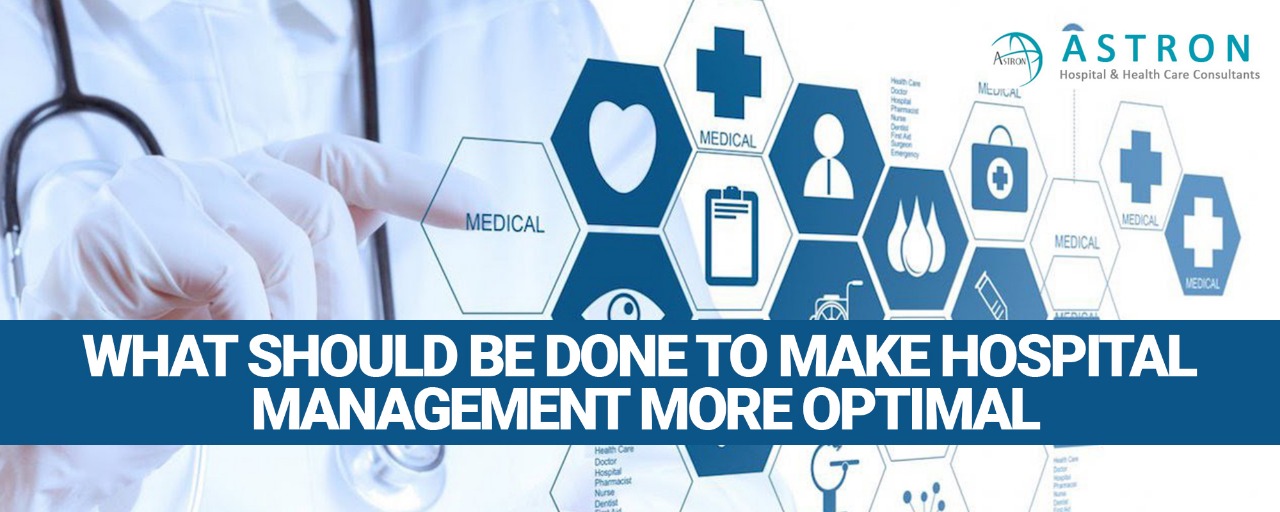There are some fundamental principles of management and certain administrative practices that remain unchanged: the ability to think critically; take the liberty of making decisions and learn from your own experience; philanthropy; respect for those with whom and for whom we work; understanding the difference between important and urgent; striving for high quality.

At the same time, the leader must be able to respond to changes caused by rapid technological progress, the complexity of new economic structures, the shift in the professional functions of doctors, nurses and other health workers, the influence of the environment, incl. social health.
Since services in the field of medicine are constantly becoming more expensive, there is resistance in the society.
At the same time, competition between hospitals and the influence of patients on the medical services market is intensifying. Here, taking help of hospital consulting firms in India can help a lot.
To improve their efficiency and simply survive in a highly competitive environment, hospitals and clinics are merging into large systems for the provision of health services. Steps are being taken across the world to move towards a managed health care mechanism.
The causes of diseases and the very process of the course of diseases are undergoing changes. Infectious diseases thought to be under control are suddenly re-emerging in different forms; some childhood illnesses that were thought to have been defeated by immunization are returning.
It is truly amazing that in an age when new technologies are providing greater opportunities for treatment than ever before, there is a resurgence of diseases traditional in the field of so-called “public health”, the causes of which are poor quality of housing and water, inadequate access to health care and other problems that seemed to have been dealt with as early as the beginning of the twentieth century.
When encountering such situations in many hospitals, administrators of these hospital are turning to hospital management consultancy services so that they can effectively deal with problems.
Studies have shown that a significant number of diseases are the result of the fact that people remain adherent to bad habits and lead a risky lifestyle.
For example, smoking has been shown to be associated with heart disease and cancer. With the reduction in tobacco use, fewer people develop these devastating diseases that require expensive treatment.
Alcohol abuse and overeating (obesity) are additional risk factors for stroke and heart disease. These diseases can be reduced by reducing alcohol consumption and increasing physical activity.
Research on disease prevention and promotion of healthy lifestyles suggests a variety of strategies to improve human health. Thus, improving the quality of food, water and housing leads to an increase in the level of public health. And health education, such as smoking cessation, has proven to be very effective in improving the health of many people.
The work of a health care manager is becoming very complex and now encompasses a wide range of public and private health responsibilities.
The methods used by healthcare administrators are changing. Rather than providing guidance and oversight of hierarchical activity, leaders are more likely to facilitate discussion and facilitate the development of common solutions through a system of diversified professional groups.
These groups usually include physicians and/or other healthcare professionals, as well as administrators of the organization. Another new development in management practice is the growing influence of patients in the provision of health care services.
In a vulnerable and expanding environment like this in healthcare sector, it plays an important to opt for healthcare management consulting in India and make your medical center stand out first out of the competitors.

